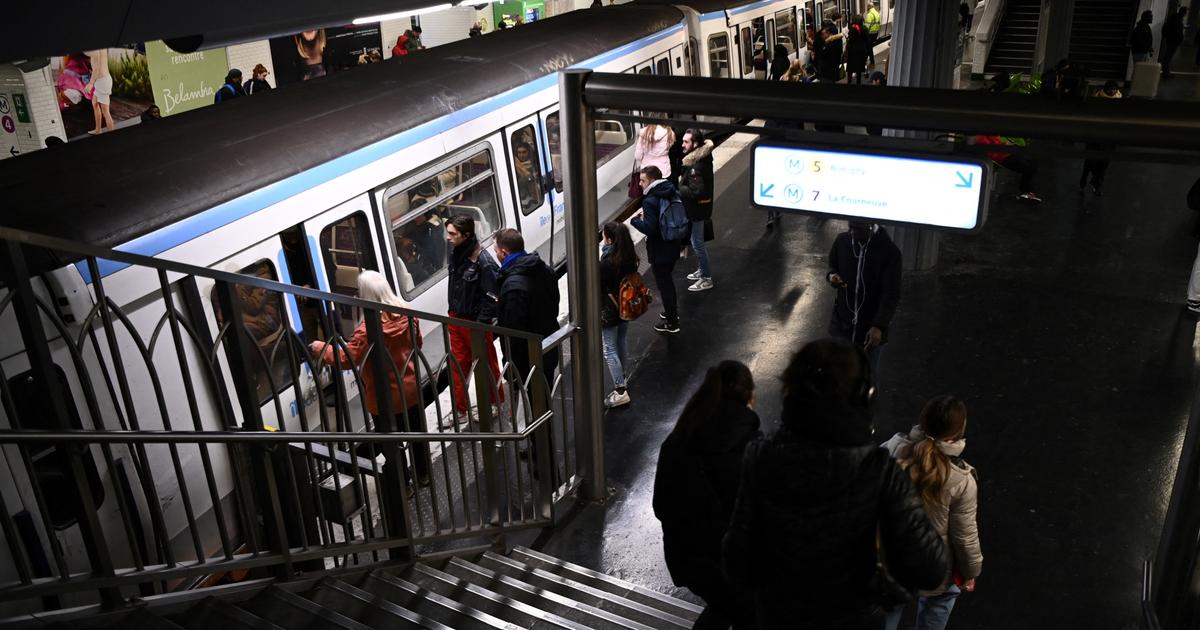Many companies create 'coworking' spaces in their new corporate headquarters.
The headquarters of the companies will never be the same. The pandemic is going to leave behind a new way of working that has not yet acquired its maximum dimension and that will lead to the reconfiguration of workspaces. Some have already addressed the reforms, as employees who have returned to the office this week after lifting the state of alarm are seeing. But most of the works are yet to come. Because currently organizations are immersed in a generalized reflection exercise on the new work and office model towards which they want to go, according to Leyre Octavio de Toledo, director of the Architecture area of the real estate consultancy Savills Aguirre Newman: “Even companies more conservatives want to change ”. They do not want to rush into decision-making because the bet is long-term,although everyone opts for the hybrid work system, he adds.
More information
The shock wave of teleworking shakes the economy
And that work half in the office, half in any other place will produce work centers of various types: prepared to carry out team activity, transformed into spaces for innovation or, the most disruptive trend, into collaborative ecosystems in which works for projects. Not only that. It will also result in a lower occupancy of the venues which will throw up a lot of excess space. Offices could be reduced between 10% and 25%, estimates the Savills expert. Some underused meters that are going to become a new way to make real estate profitable for organizations. "Companies will transform their properties into direct income, making profitable that space that is now underused and causes expenses," says Miguel Ángel Orellana, CEO of Bookker in Spain.It is already happening in large companies that own buildings or whose rental contracts are long-term, confirms Philippe Jiménez, CEO of IWG.
More information
artín Migoya, CEO of Globant: "The office of the future will resemble a leisure center where to meet"
Bayer is an example.
Its headquarters in Sant Joan Despí (Barcelona) has 9,800 square meters that the company planned to reform to make more operations before the pandemic.
What began as a project that covered the seven floors of the building, was transformed into a five-story implementation, in defense of a flexible and more efficient model, and after the covid-19 stage it has become a corporate space for three floors, with an additional one for
coworking
, and the rest will be profitable and rented to a third party.
The study
A sustainable workplace: towards a remote and face-to-face model
, from IESE and Savills Aguirre Newman, explains that about 35% of Bayer's 477 employees will work 4 or 5 days from home;
about 10% every day at the office and the remaining 60% half the time at each location.
Sublease
"Offices are being sublet and sublet, especially in Madrid and Barcelona," says David Vega, general manager of Lexington.
“There are companies that make themselves more flexible.
Agreeing with operators of flexible spaces to lease their unoccupied plants or sublet them to other companies or start-ups ”, supports Alfonso Galobart, vice president of CBRE.
ING has already done so with its new Madrid headquarters in Vía de los Poblados. In its building of more than 15,000 square meters it has vacant space and has signed with IWG the sublease of 3,000 meters, a plant that the flexible space operator directed by Jiménez will turn into a
coworking
operated under its Spaces brand with capacity for 400 people from September, assures the manager. It says nothing about the terms of the sublet, but it does say about the price of a shared job, which starts at 90 euros per month, or that of one of the private offices that it will also offer, which will be around 400 euros per month for one person. Like ING, the general director of IWG in Spain considers that campuses such as Telefónica or Repsol would be delighted to be able to sublet their unoccupied surfaces.
For now, large companies have launched into the arms of space managers. Applications such as Bookker have become a boom since the outbreak of the pandemic and the introduction of social distancing measures: “We were clear that space management was going to come, but the covid has spread it all of a sudden. The volume of demand is double that of last year because companies need a safe return to the offices ", says Miguel Ángel Orellana, who adds that" organizations have now also internalized that they need efficient management of spaces, and reduce meters and re-rent the unemployed ”.
This application blocks workstations or parking spaces and shows the user those that remain empty, very practical when operating from home some days of the week and others from the workplace. The same goes for meeting rooms or dining room tables, they are also reserved. A solution for the flexible model of corporate headquarters that seems to prevail as a strategy for the future among companies, since they will tend to eliminate permanent jobs, those that currently represent 70% in organizations, according to Savills.
Telefónica, MásMóvil, Mahou San Miguel and Danone are some of the companies that use the Bookker application, which has also spread among
coworking
operators
.
The demand is so great that the company will multiply its 2020 turnover by 10 to reach four million euros this year.
Its possibilities also include the option of subletting spaces for hours or days to get the most out of the offices.
The era of flexibility
Few people want to return to do their regular office work. Most want to socialize in it and leave their individual work for the house. “It would be a drama to return to the same space as before. There is a new reality ”, affirmed the IESE professor Mireia Las Heras in the presentation of the study A sustainable workplace, from which it can be deduced that only 12% of the employees consulted wish to telework five days a week and only 4 % in the workplace. Most prefer hybridization, flexibility. Performing remotely two or three days a week in ideal conditions improves performance by 19% and quality of work by 10%, the same percentage that pride of belonging increases, the study indicates. "We are in a new environment, although the presence mentality has not disappeared",Las Heras advises, recommending to all employees a change of chip to go to the office not to telecommute but to provide a bonus of relationship, creation or innovation.

/cloudfront-eu-central-1.images.arcpublishing.com/prisa/GKIDSLUQOVBSVJ3ADTH5II6QTU.jpg)







